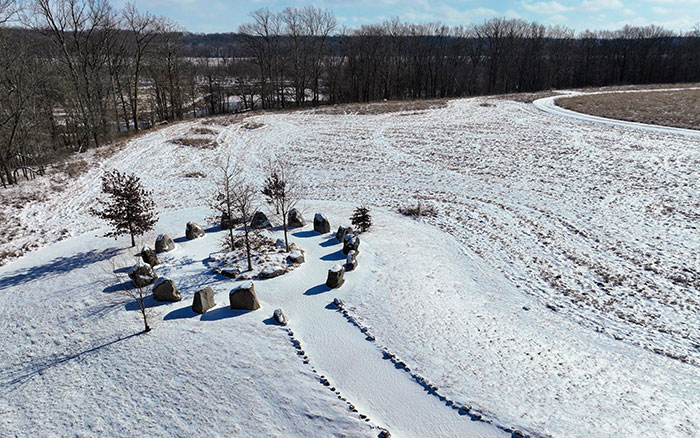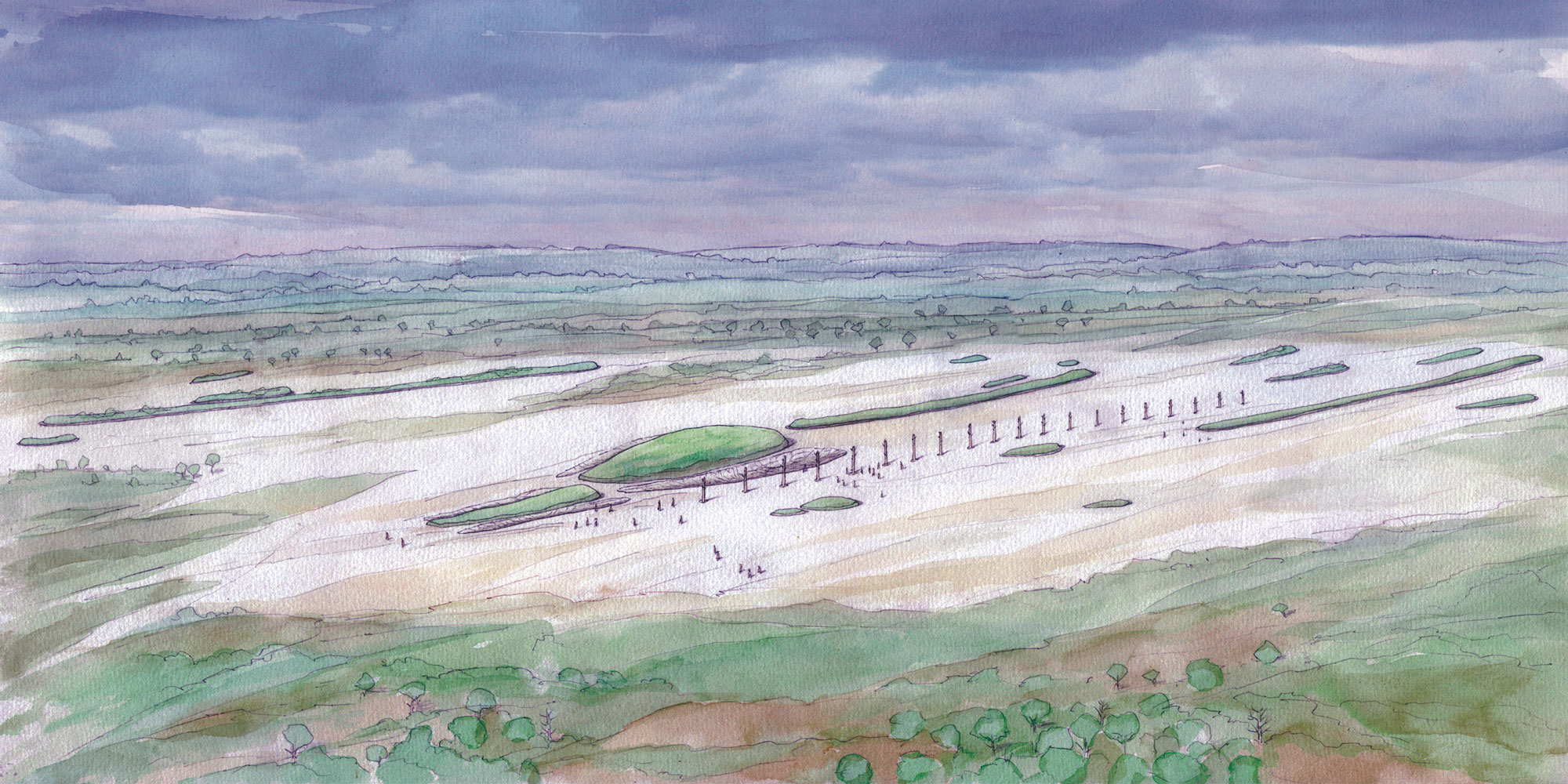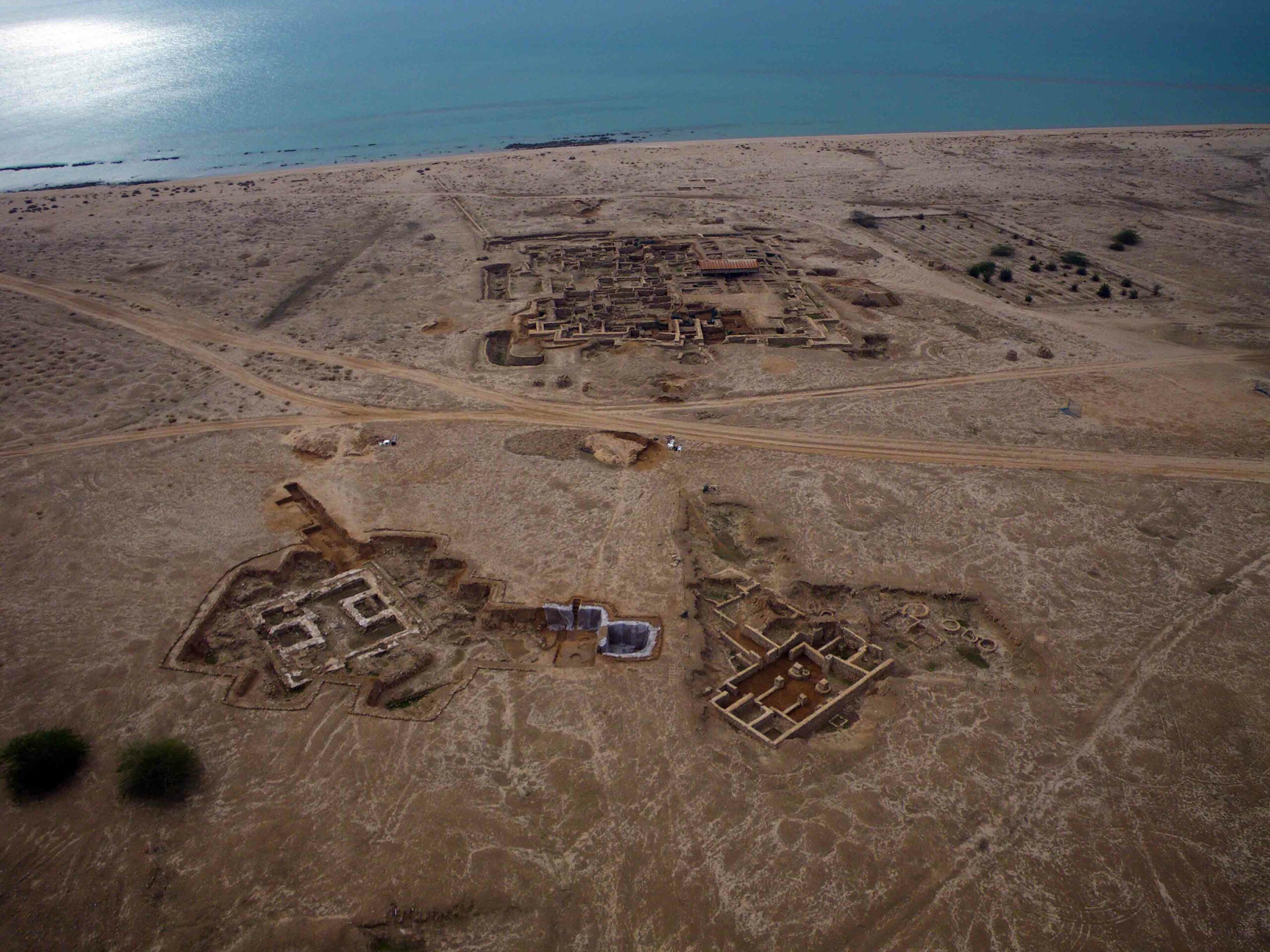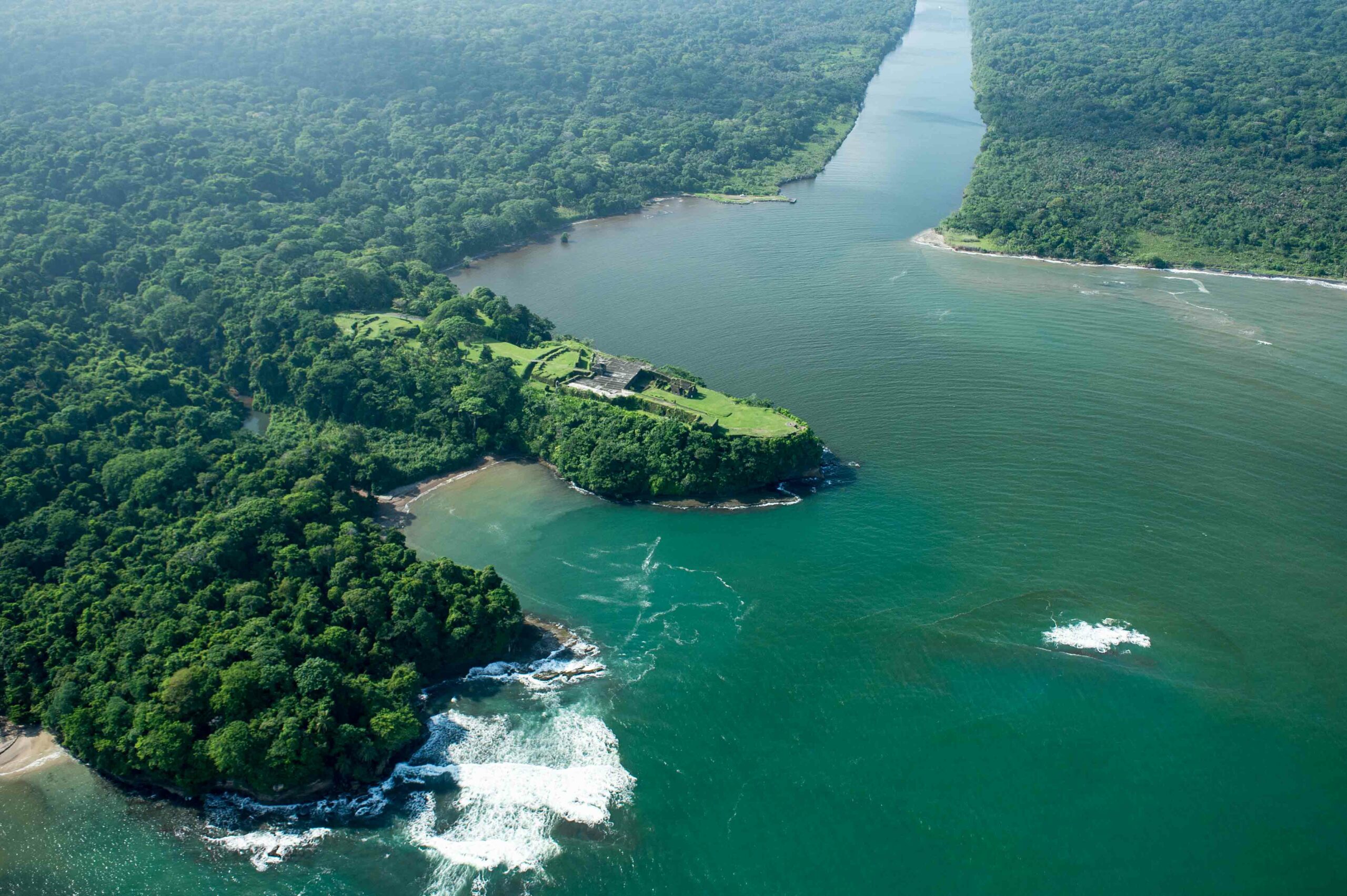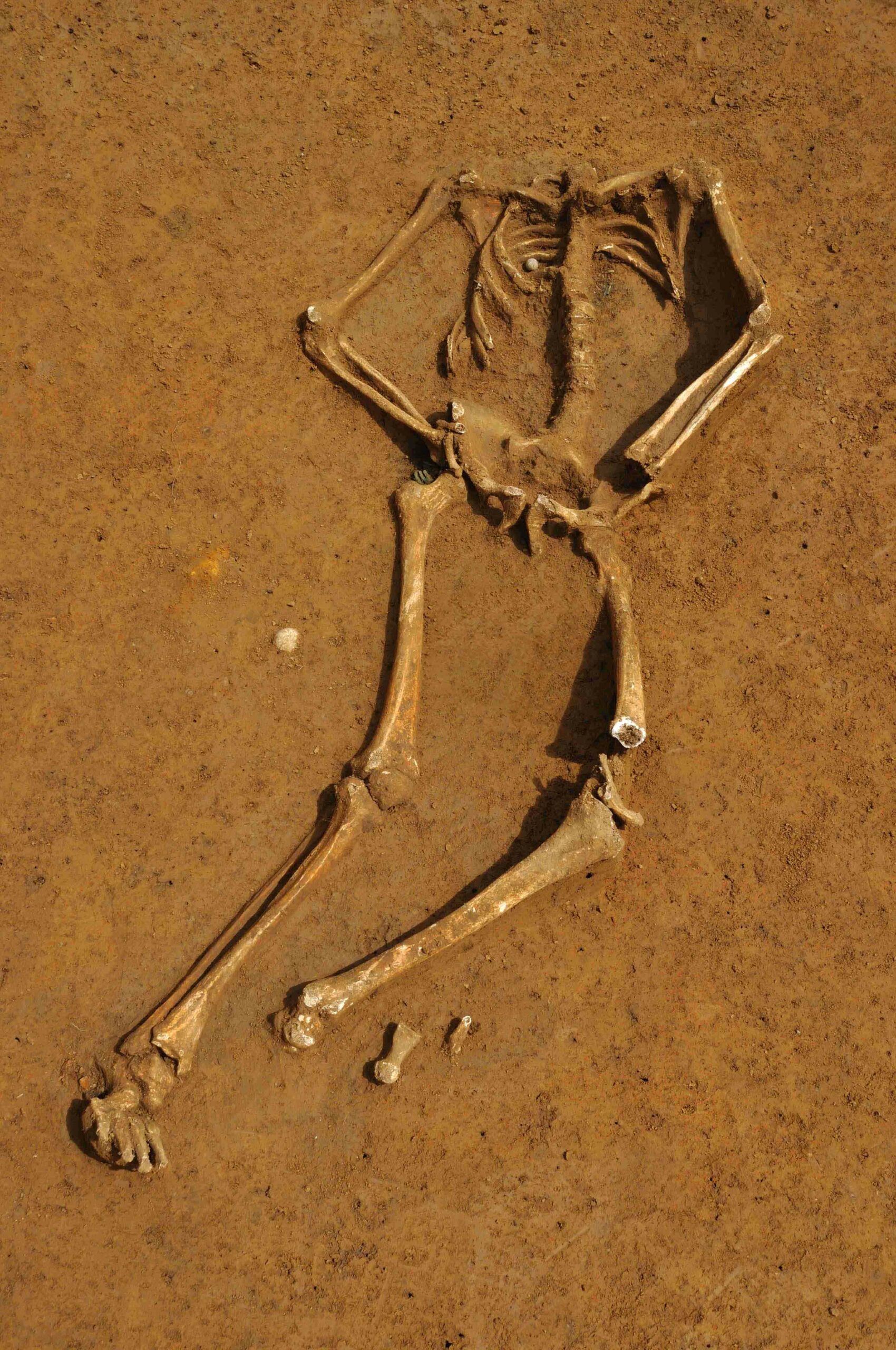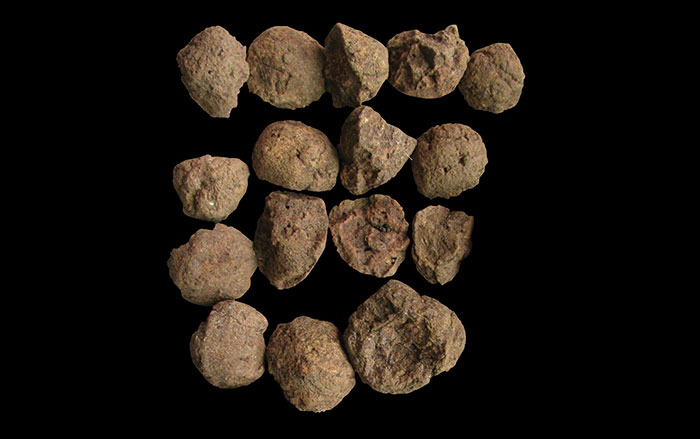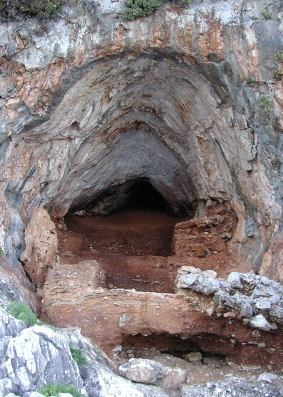
TÜBINGEN, GERMANY—The remains of several Neanderthals have been found at the Kalamakia Middle Paleolithic Cave on the Mani Peninsula in southern Greece. “The site is currently very close to the sea. During glacial times the sea level was lower, so there likely would have been a coastal plain exposed in front of the site. This habitat would be ideal for the kinds of animals that humans hunted,” said Katerina Harvati of the University of Tübingen. Here the Neanderthals ate fallow deer, ibex, shellfish, and tortoise, whose shells were crafted into tools. Before this discovery, the only known Neanderthal fossil in Greece was a single tooth, even though it was known that Neanderthals inhabited other Mediterranean coastal areas.


